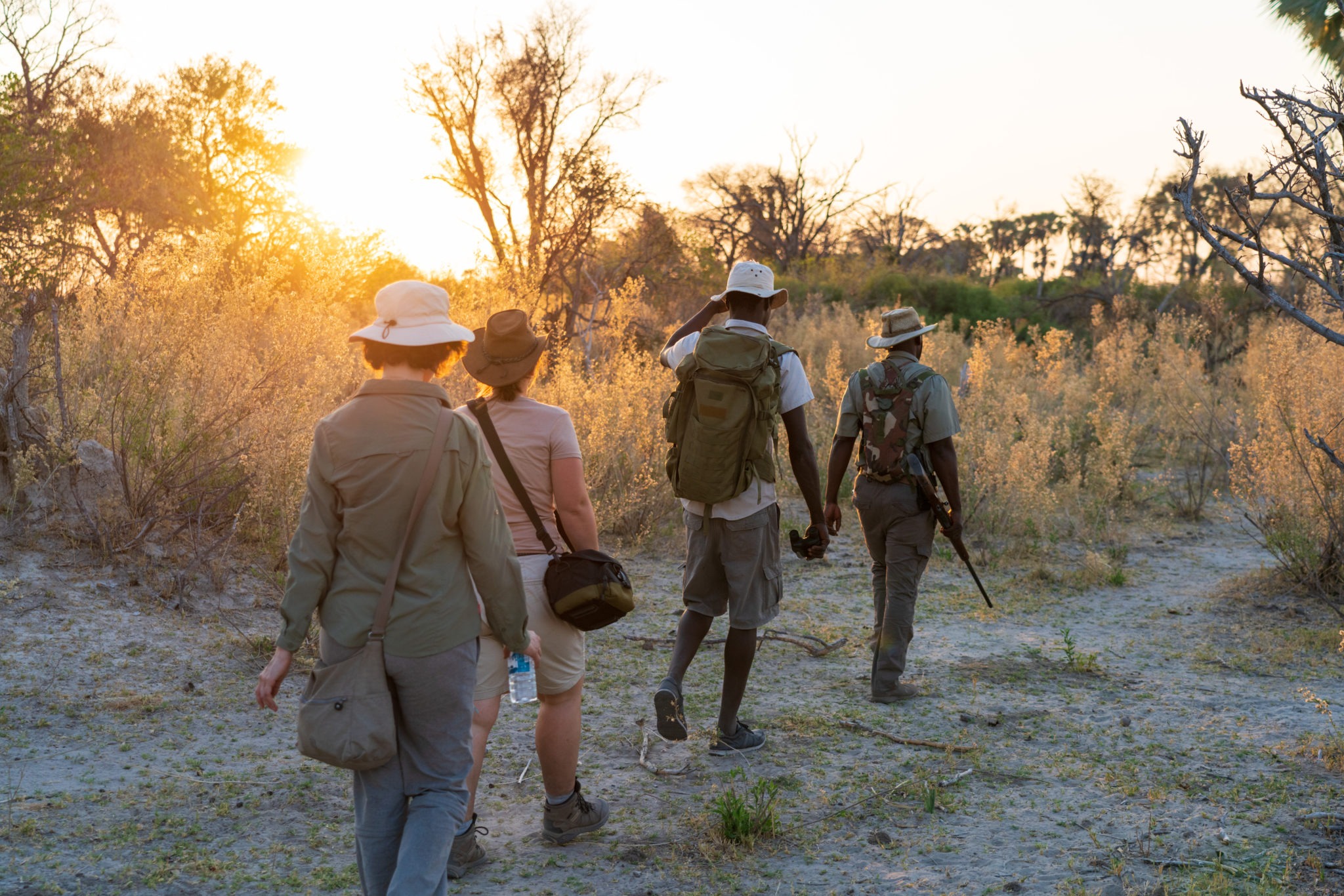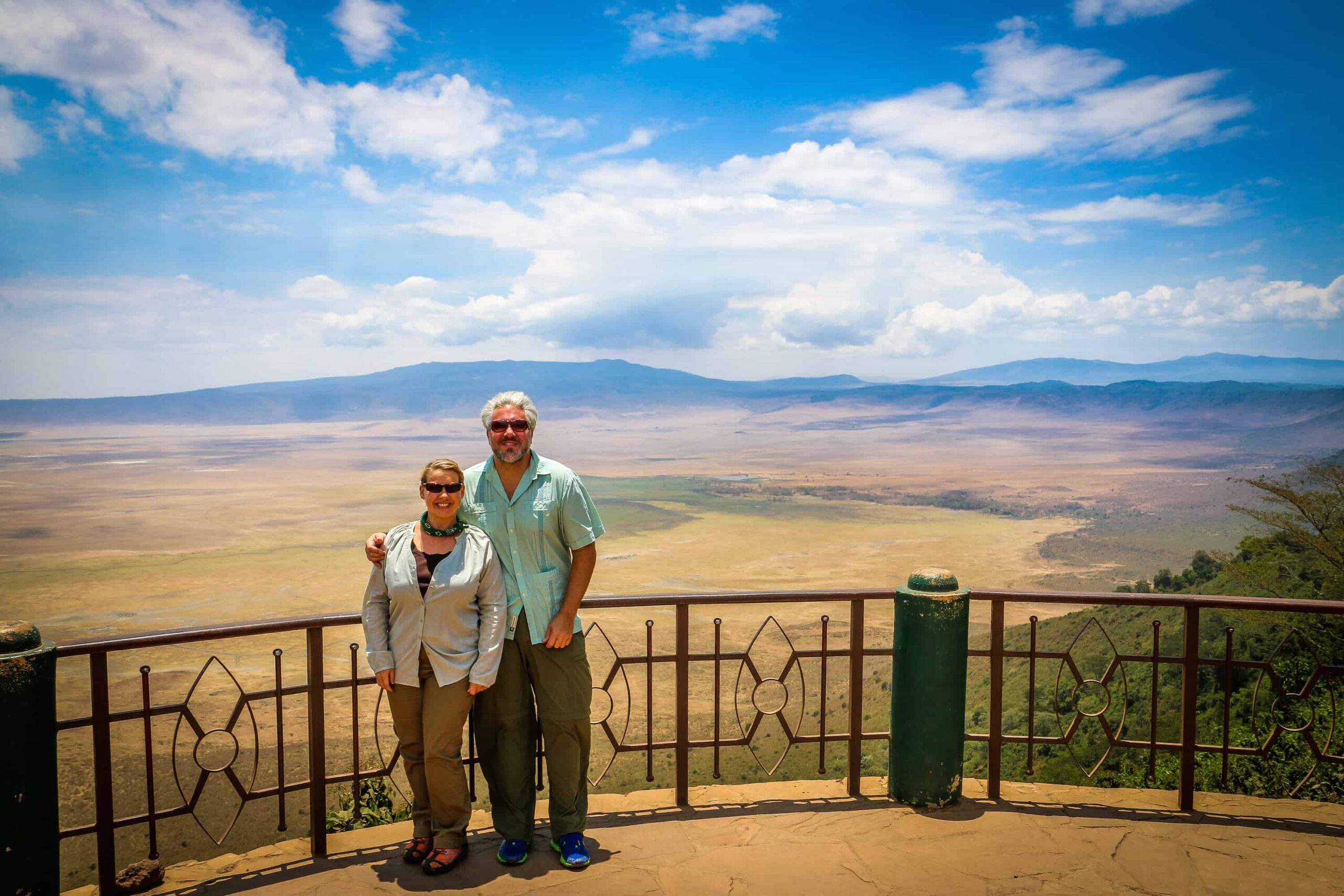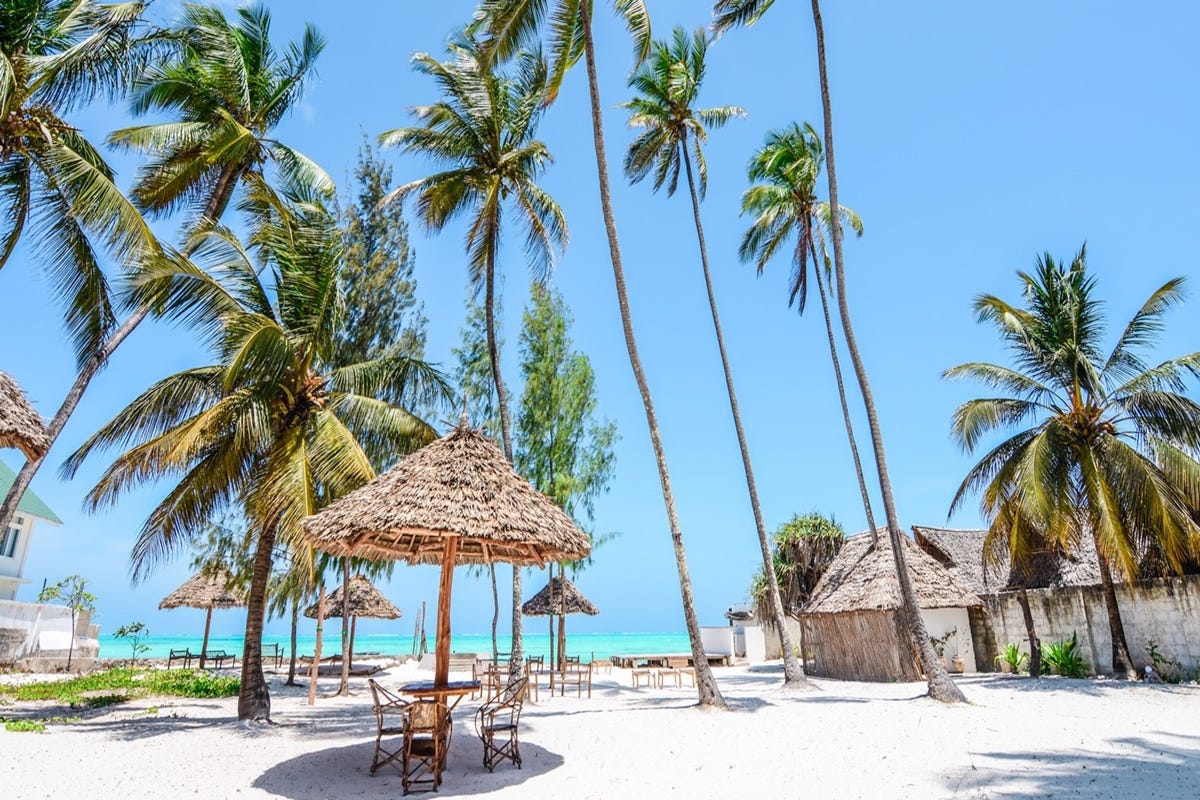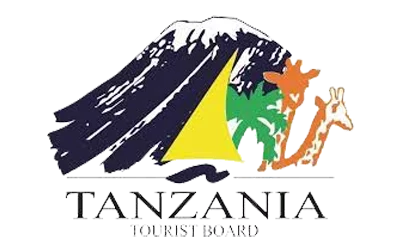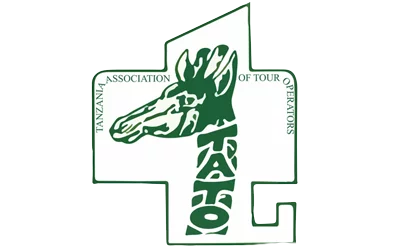ARUSHA AIRPORT OR KILIMANJARO AIRPORT?
Kilimanjaro International Airport (JRO) is approximately 60km (60 min) from Arusha city centre. Kilimanjaro International Airport serves as the gateway for visitors interested in African safari and scenery, and thus it is uniquely located at the heart of the major tourism attractions of East Africa
Arusha Municipal Airport (ARK) is on the outskirts of Arusha but only runs domestic flights, mostly to Zanzibar and Dar es Salaam.
You can compare Flights on skyscanner.net
WHAT CURRENCY IS MOSTLY ACCEPTABLE?
We would recommend bringing U$D or Euro with you and withdrawing Tanzanian Shillings once you arrive. There are many ATMs in Arusha. The minimum you can withdraw in one go is TSH 400,000. This is about U$D 200 and TSH 450,000 for €200. Most places that you will visit accept dollars but it is always a good idea to have some local currency.
It is mostly recommended to use U$D printed later than 2006 not before.
WHAT KIND OF VACCINATIONS DO I NEED?
ALL TRAVELERSYou should be up to date on routine vaccinations while traveling to any destination. Some vaccines may also be required for travel. | |
| Routine vaccines | Make sure you are up-to-date on routine vaccines before every trip. These vaccines include measles-mumps-rubella (MMR) vaccine, diphtheria-tetanus-pertussis vaccine, varicella (chickenpox) vaccine, polio vaccine, and your yearly flu shot. |
MOST TRAVELERSGet travel vaccines and medicines because there is a risk of these diseases in the country you are visiting. | |
| Hepatitis A | CDC recommends this vaccine because you can get hepatitis A through contaminated food or water in Tanzania, regardless of where you are eating or staying. |
| Typhoid | You can get typhoid through contaminated food or water in Tanzania. CDC recommends this vaccine for most travelers, especially if you are staying with friends or relatives, visiting smaller cities or rural areas, or if you are an adventurous eater. |
SOME TRAVELERSAsk your doctor what vaccines and medicines you need based on where you are going, how long you are staying, what you will be doing, and if you are traveling from a country other than the US. | |
| Cholera | CDC recommends this vaccine for adults who are traveling to areas of active cholera transmission. Cholera is found in most parts of Tanzania. Cholera is rare in travellers but can be severe. Certain factors may increase the risk of getting cholera or having severe disease (more information). Avoiding unsafe food and water and washing your hands can also prevent cholera. |
| Hepatitis B | You can get hepatitis B through sexual contact, contaminated needles, and blood products, so CDC recommends this vaccine if you might have sex with a new partner, get a tattoo or piercing, or have any medical procedures. |
| Malaria | Talk to your doctor about how to prevent malaria while traveling. You may need to take prescription medicine before, during, and after your trip to prevent malaria, especially if you are visiting low-altitude areas. See more detailed information about malaria in Tanzania. |
| Rabies | Rabies can be found in dogs, bats, and other mammals in Tanzania, so CDC recommends this vaccine for the following groups:· Travelers involved in outdoor and other activities (such as camping, hiking, biking, adventure travel, and caving) that put them at risk for animal bites. · People who will be working with or around animals (such as veterinarians, wildlife professionals, and researchers). · People who are taking long trips or moving to Tanzania · Children, because they tend to play with animals, might not report bites, and are more likely to have animal bites on their head and neck. |
| Yellow Fever | Health recommendation: CDC does not recommend yellow fever vaccine for most travellers to Tanzania. However, you might consider this vaccine if you are staying a long time or will be heavily exposed to mosquitoes.Country entry requirement: The government of Tanzania requires proof of yellow fever vaccination upon arrival if you are traveling from a country with risk of yellow fever (this does not include the US – see complete list: Countries with risk of yellow fever virus (YFV) transmission.) For more information on recommendations and requirements, see yellow fever recommendations and requirements for Tanzania. Your doctor can help you decide if this vaccine is right for you based on your travel plans. Note: Yellow fever vaccine availability in the United States is currently limited. If you need to be vaccinated before your trip, you may need to travel some distance and schedule your appointment well in advance. Find the clinic nearest you. |
DO I NEED TRAVEL INSURANCE?
When considering a plan, take inventory of the components of your trip. Pre-paid vacation home rentals, car rentals, and event tickets are more unconventional items to insure, yet they can be costly if forfeited due to an unexpected circumstance. If these costs are added into the total pre-paid cost of the trip, a comprehensive travel insurance plan could protect you if your trip should be cancelled or interrupted.
For more information go to ( worldnomads.co.uk )
DO I NEED TO TIP?
Like many countries in Africa, Tanzania is relatively not much expensive by world standards in terms of domestic currency to foreign currency, and a lot of people rely on tipping from tourism to get by. And its definitely a big deal because it brings money to many of the service workers who work in the tourism industry and other sectors too depending on the service provided.
So before you go, you should know how much to tip in Tanzania.
WHAT IS THE WEATHER LIKE IN TANZANIA?
Situated just south of the equator, Tanzania is a vast country with a variable climate that depends heavily on the elevation and geography of your chosen destination. Generally speaking, the weather is tropical; particularly on the coast, where heat and humidity prevail. However, the northwestern highlands are consistently cool, while the central plateau remains dry and arid all year round
WHAT LUGGAGE SHOULD I BRING?
- It is mostly recommended that the luggage you should carry/pack depends on the type of visit. It can either be mountain climbing, safari, beach vacation
- You may also need to weatherproof and protect your valuables while out on game drives and other activities. Bring larger lightweight cover bags for protecting your bagged camera and lenses too from dust and water where required e.g. canoeing or boating safari. Women should also bring adequate quantities of feminine hygiene products, such as tampons, pads and panty liners
- You should also pack travel-size deodorant, toothbrush, toothpaste and other basic toiletries. Camps and lodges supply shampoo, conditioner and soap but if you prefer your own, feel free to bringing it on board in small size travel bottles.
SHOULD I BRING A FIRST AID KIT?
Basic first aid kits are available at most Tanzania lodges and camps, but you should always have one with you whenever an emergency arise. Your first aid kit should include mosquito repellent and malarial prophylactics, as well as your SPF preferred category sunscreen, antihistamine and an over-the-counter pain relieving medication, such as Aspirin, Ibuprofen, Panadol or Tylenol and a few protective bags can be included in your first aid kit for this purpose. Bring larger lightweight cover bags for protecting your bagged camera and lenses too from dust and water where required e.g. canoeing or boating safari. Other items for your first aid kit are antiseptic gel, anti-diarrhea medication, antacid tablets for indigestion, Band-Aids with antiseptic cream, prescription medications and spare eyeglasses even if you wear contact lenses.
WILL I BE ABLE TO CHARGE MY DEVICES IN THE SAFARI JEEP?
YES! Of course you can since all of our 4×4 safari jeeps are encrypted with inverters and you can easily charge your devices easily
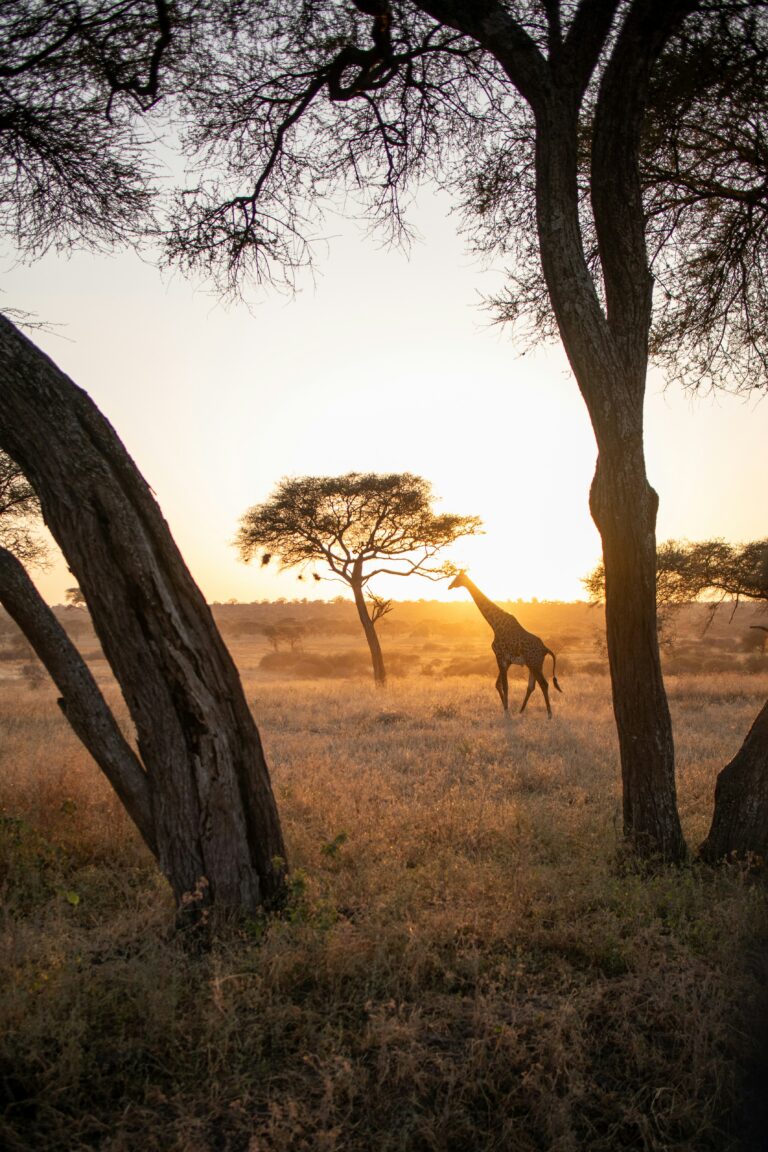
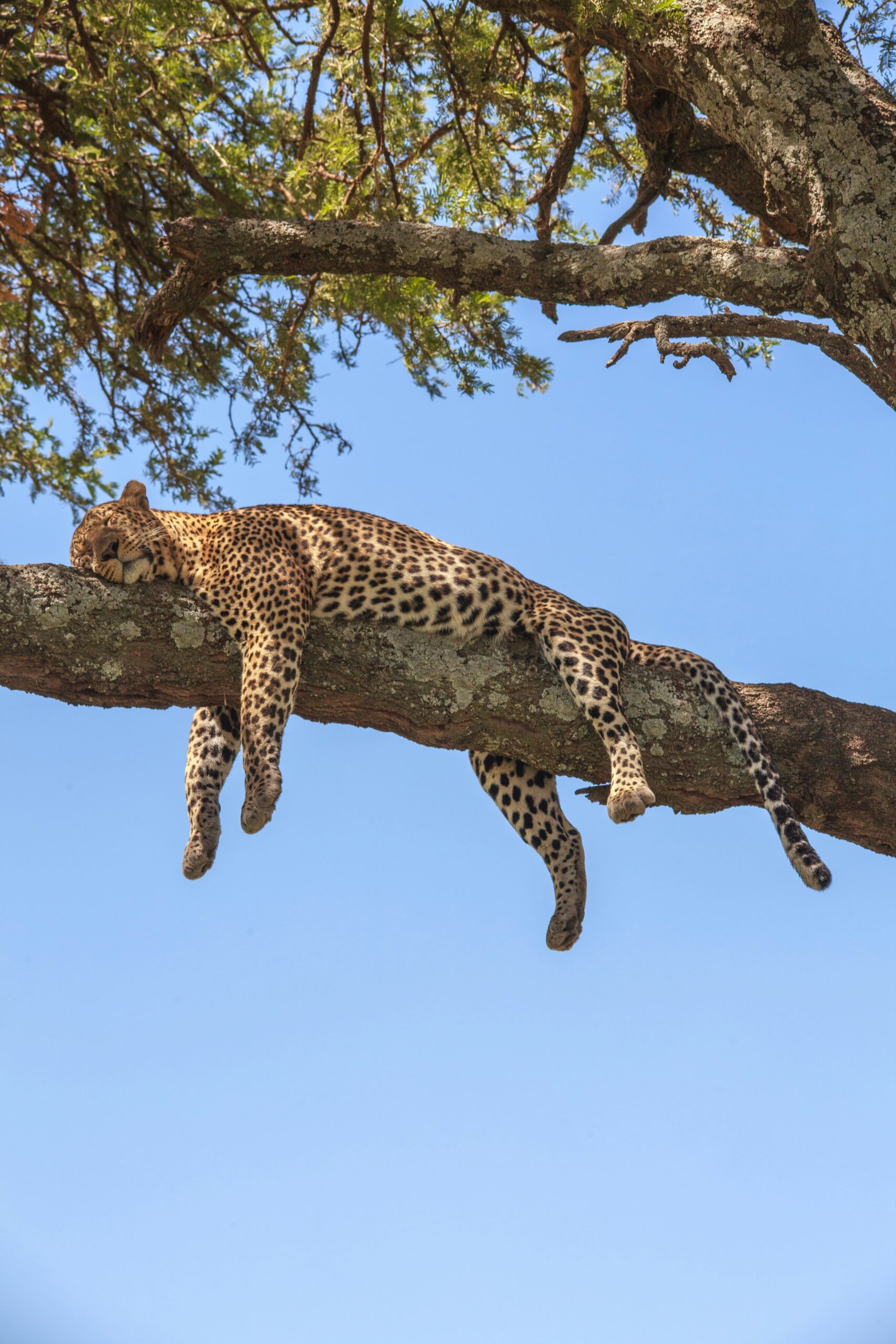
WHAT SAFARI VEHICLES DO YOU USE?
All our Safari vehicles are Toyota Land cruiser 4x4s. They have pop-up roofs. The vehicles are serviced and maintained to a very high standard before, during and after every safari.
WHAT HAPPENS IF WE BREAK DOWN?
The age of the vehicles in our fleet varies but most were built between 2008 and 2013. If your vehicle does break down and it cannot be fixed on the road, we will request a rescue jeep which will come for you so that you can continue your safari with minimum impact. Whilst every effort is made to prevent this from happening, the driving is rough and the vehicles do take quite a pounding.
IS IT POSSIBLE TO DO A WALKING SAFARI/NIGHT GAME DRIVE?
Walking safari is definitely chasing the call of the wild (meaning the sounds of different species in nature including both the birds and the wild animals producing different sounds as a means of communication and alarm signals). The feeling of nature around you is priceless that you feel belonging in the natural life. Walking safaris are offered in our national parks whereby you will be provided a ranger and a guide.
Night game drives are offered in some of the national parks in the country.
CAN I VISIT THE MAASAI VILLAGE?
It is possible to visit one of several Maasai villages during your safari. However, these villages are close to the main roads and whilst you will meet many Maasai, have a tour around their village and have an opportunity to learn about their culture, some clients have fed back that the experience felt a little uncomfortable. It costs $50 per vehicle and during the visit, you will be encouraged to buy some of their jewellery / craft (this is by no means compulsory).
WHAT TYPE OF FOOD?
At the camps and Tented lodges, chefs prepare fresh soups, breads, entrees and desserts daily, In most lodges, meals are served buffet-style. The food is often prepared with Western palates in mind (some local dishes are included).
DO WE NEED FLYING DOCTORS INSURANCE?
Have you ever considered what would happen if you were to break your leg in the middle of nowhere? We have. It would be a difficult situation. That is why we choose to ensure all of our guests with a Flying Doctors service called FIRST AIR RESPONDER, the most effective medical emergency response available in Tanzania. This service is NOT to replace any medical scheme you already have but to act as an immediate response to medical emergencies in Tanzania. There is a gap that insurances and even international evacuation companies don’t always cover – transport from the scene of an accident to a hospital of international standards. With FIRST AIR RESPONDER insurance, a patient is stabilized and transported by the most swift and efficient means to the regional centre of medical excellence, using a medically equipped plane or vehicle. The cost for this insurance is a price worth paying and we include this insurance for every person going on safari with us.
WHAT ABOUT SAFETY, IS IT DANGEROUS TO GO ON SAFARI?
Many people worry about wild animals on safari. This is what your guide is here for. He will make sure that you always keep a safe distance. If the animal feels safe, it is extremely unlikely that it will attack you. If an animal feels threatened, however, the situation can become dangerous. You should never shout or disturb the animals with loud noises. Do not try to approach or touch them, and do not throw any objects at them. This may sound like the most obvious advice, but many accidents happen because people behave in the wrong way. Many people also worry that an animal may come and attack them at night, especially if they are sleeping in a tent. This fear is understandable, but it is also unfounded. Again, an animal is most likely to attack when provoked. You are over a hundred times more likely to be injured or killed in a car accident on your way to work. Even though you may hear a lion or a hyena somewhere in the distance, they most certainly will not try to chew their way into your tent, unless you are keeping a big piece of ham next to your bed. Keeping open and loose food stuff in the tent is not recommended and most likely it will attract monkeys.
HOW DO I GET A VISA?
The cost of a tourist visa is US$50 per person and $100 for American citizens, to be paid in cash. We recommend buying the visa upon arrival at the airport in Tanzania. It is very easy to buy the visa upon arrival, and it is not necessary to arrange everything beforehand. Buying a visa upon arrival does not take much time at all. Forms can be obtained at the airplane/airport/border upon arrival. All you need to do is fill out the form and pay the fee, and you will get a visa stamped in your passport. Please make sure you have all the necessary jabs. A Yellow Fever jab, for example, is one legal requirement for being allowed to enter the country. It is not necessary to bring any pictures to get your visa, but please be aware that your passport has to be valid for another 6 months after departing from Tanzania. Citizens of some countries may have to get the visa prior to departure. Make sure you check with your country’s authorities in advance.

